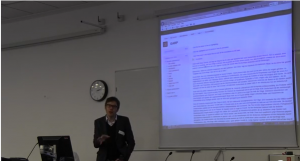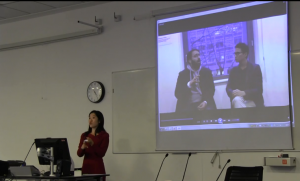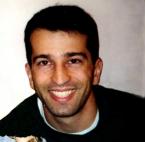
Tony Spanakos

Francisco Panizza
Last Michaelmas Term, Dr Francisco Panizza from LSE’s Department of Government and Tony Spanakos, associate professor in the Department of Political Science and Law at Montclair State University (US) co-taught a synchronous online course on BRICS open to LSE and MSU students. The project was funded by an LTI Grant. Below are their reflections on the project.
The project
Francisco Panizza: There are many courses running at LSE each term, but this Michaelmas Term I was able to co-teach a course with a difference, alongside Professor Anthony Spanakos from Montclair State University in New Jersey. The course on the politics and policies of the BRICS (Brazil, Russia, India, China and South Africa) brought together around 30 students from both universities in a ‘virtual classroom’. The LSE students, second and third year undergraduates from the departments of Government and International Relations, were all volunteers. Whilst they didn’t gain any credits for joining the course, it was a really interesting experience and I think everyone who took part learned a lot.
Tony Spanakos: This was the third time a faculty member from the Political Science and Law department at MSU conducted what we call an eDiplomacy course. These courses use technology to allow to faculty members to lead a virtual classroom composed of students from two schools in different countries. […]
The goal of the eDiplomacy class is not simply to make students aware of other perspectives but to interact and to realize the challenges and opportunities that diplomacy presents. The students selected which of the five countries they wanted to ‘join’ and then each delegation selected officers (head of state/government, finance minister, defence minister, foreign affairs minister). Prior to our last meeting, each country and each office (defence ministers, finance ministers, etc) submitted documents representing their goals, interests, and concerns, and the entire class submitted a single Summit document. In class, they presented the achievements to the ‘Western Powers,’ Dr. Panizza, me, and Professor Jack Baldwin-LeClair, my department chair whose expertise in international law added richness to our discussion (and who was fundamental in getting the course off the ground on the MSU end).
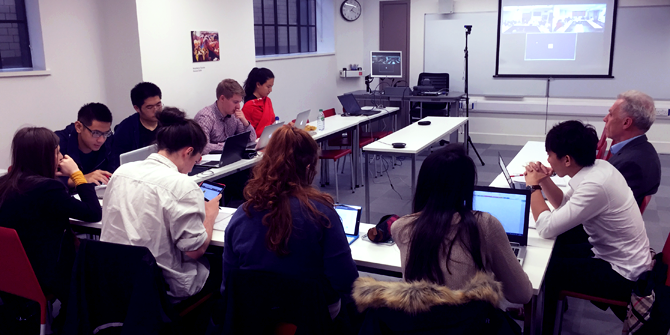
Challenges
FP: Although we now live in a ‘global village’ and there are many commonalities between the US and British university systems, there were practical differences that needed to be ironed out. For instance, the US academic year runs on semesters and classes at Montclair State University started four weeks earlier than at LSE. As a result, the US students gained and extra holiday during LSE reading week and in exchange our students got a day off on the Friday after Thanksgiving Thursday, a de facto holiday in America.
On the technical side there were also challenges to overcome. The LSE does not currently have a dedicated classroom with the communications equipment we required for the course. This meant carrying the equipment from the Learning Teaching and Innovation (LTI) office in Aldwych to our classroom in Lincoln’s Inn Fields each week to set it up, with the help of two highly professional LTI Learning Technologists. Another lesson we learned was that all technology is only as good as its weakest link. The LTI grant funding enabled the course organiser to buy a high quality camera, but without professional lighting or high tech projectors images of both classrooms weren’t as clear as we would’ve liked and it was sometimes difficult to identify and listen to students sat at the back of the classroom (students seem to gravitate towards the back of any classroom, virtual or not)
TP: Although this was the third time a faculty member in the MSU Department of Political Science and Law taught such a course, it was my first time and there was quite a bit of learning to do. The greatest challenge that, I believe, we faced was getting our technology to enable our classrooms to be truly discussion spaces. Ironically, because we had a room with multiple microphones and speakers and a state of the art videoconferencing system, it was difficult to conduct a proper discussion between the two classrooms. Whenever Dr. Panizza or his students spoke, we needed to mute our microphones, and vice versa. This made back and forth discussion more difficult and forced us to speak for longer periods at a time and to collect a number of questions from each classroom before allowing someone on the other side of the pond to respond.
Another challenge was in establishing effective discussion boards outside of the classroom. Given the difference of time-zones and schedules, getting synchronous discussions was not likely. We thought that the students would be better identifying the app which would be most conducive for group discussions (between members of the same country, students with the same office) but we did not coordinate this enough and only found effective discussions once we required students to use canvas discussion pages that we set up.
Achievements and Potential
TS: The idea is to diversify and deepen the learning experience by allowing students the opportunity to hear and engage with multiple perspectives on a common theme. The course allowed us and our students a chance to discuss politics in Brazil, Russia, India, China, and South Africa in a far more diverse context than would have been possible otherwise. The participation of guest scholars from our and other universities, in the US, UK, Brazil, and South Africa further contributed to that experience.
After the summit, my students submitted written reflections on the summit which demonstrated a genuine awareness of the challenges, opportunities, work, and pleasure of diplomatic work.
Our students were very generous in giving feedback and helping us see where we could have improved the course and encouraging us by showing where the course was most effective. On balance, responses from our students, and us, were very positive and we look forward to being able to repeat the experimental course. We know diplomacy is not easy but is very necessary. We also know that it is on-going and we hope that we get a chance to repeat and improve on the 2015 MSU-LSE BRICS seminar.
FP: In spite of the inevitable teething problems, there were many, many, positives. Guest lectures from other universities were able to join the course. One of them was Professor Lucius Botes, from the University of the Free State in South Africa, which meant that our virtual classroom extended across three different continents and three different time zones. Perhaps the peak of the course was the last week, when students ran a ‘BRICS summit’, in which they assumed the representation of the different countries and drafted documents on foreign affairs, the economy, defence and a joint BRICS declaration. If only they ran the real summit, the world would be a better place.
Ultimately, I think we only scratched the surface of a teaching experience full of possibilities. Imagine being able to run a course together with the best specialists in the world, in a virtual classroom with images of HD quality! There is undoubtedly a need to develop new teaching methods and forms of student participation that take full advantage of new communication technologies. There are several new buildings being constructed at the LSE, and hopefully these should include state of the art technology and teaching spaces that will make ‘virtual classrooms’ a permanent fixture in University teaching.
Francisco’s comments were originally posted in his blog post on the Department of Government’s website

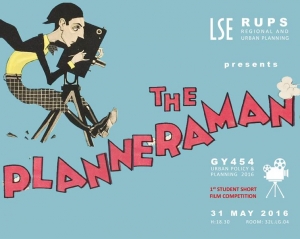 As part of the Urban Policy and Planning course, students produce written work alongside a group presentation and a short interpretive film of neighbourhood fieldwork. Film-making started two years ago with students using their own devices. Last year they were helped by an LSE alumnus who is now a filmmaker to better understand the process of storytelling and how to use the equipment. This year, Nancy applied for DSLR kits to improve the quality of the work produced. An evening screening of the 8 short films produced by the project groups was also organised at the LSE, at the end of which a panel of ethnographers and filmmakers judged the films and awarded three prizes: Best Overall Film, Best Cinematography and Judges Choice.
As part of the Urban Policy and Planning course, students produce written work alongside a group presentation and a short interpretive film of neighbourhood fieldwork. Film-making started two years ago with students using their own devices. Last year they were helped by an LSE alumnus who is now a filmmaker to better understand the process of storytelling and how to use the equipment. This year, Nancy applied for DSLR kits to improve the quality of the work produced. An evening screening of the 8 short films produced by the project groups was also organised at the LSE, at the end of which a panel of ethnographers and filmmakers judged the films and awarded three prizes: Best Overall Film, Best Cinematography and Judges Choice.
 As highlighted in the description of the project, video production was gradually introduced in the Geography course. Students received the help from a professional filmmaker and were able to familiarise themselves with the equipment during a trip to Manchester in the first part of the year.
As highlighted in the description of the project, video production was gradually introduced in the Geography course. Students received the help from a professional filmmaker and were able to familiarise themselves with the equipment during a trip to Manchester in the first part of the year. In the spring of 2015 I finished my first year of American grad school. Coming from the German university system I knew it was going to be a Protestant re-education camp in terms of work load and ethic. By the end of that spring I had to write three sizeable papers in short succession and ‘time is of the essence’ took on a new meaning. Lucky for me some of my friends had just started using this writing set-up that streamlines all the things that take no brain but lots of time: citations, the bibliography, and worrying about the different format of citations when in footnotes vs. when in the bibliography.
In the spring of 2015 I finished my first year of American grad school. Coming from the German university system I knew it was going to be a Protestant re-education camp in terms of work load and ethic. By the end of that spring I had to write three sizeable papers in short succession and ‘time is of the essence’ took on a new meaning. Lucky for me some of my friends had just started using this writing set-up that streamlines all the things that take no brain but lots of time: citations, the bibliography, and worrying about the different format of citations when in footnotes vs. when in the bibliography.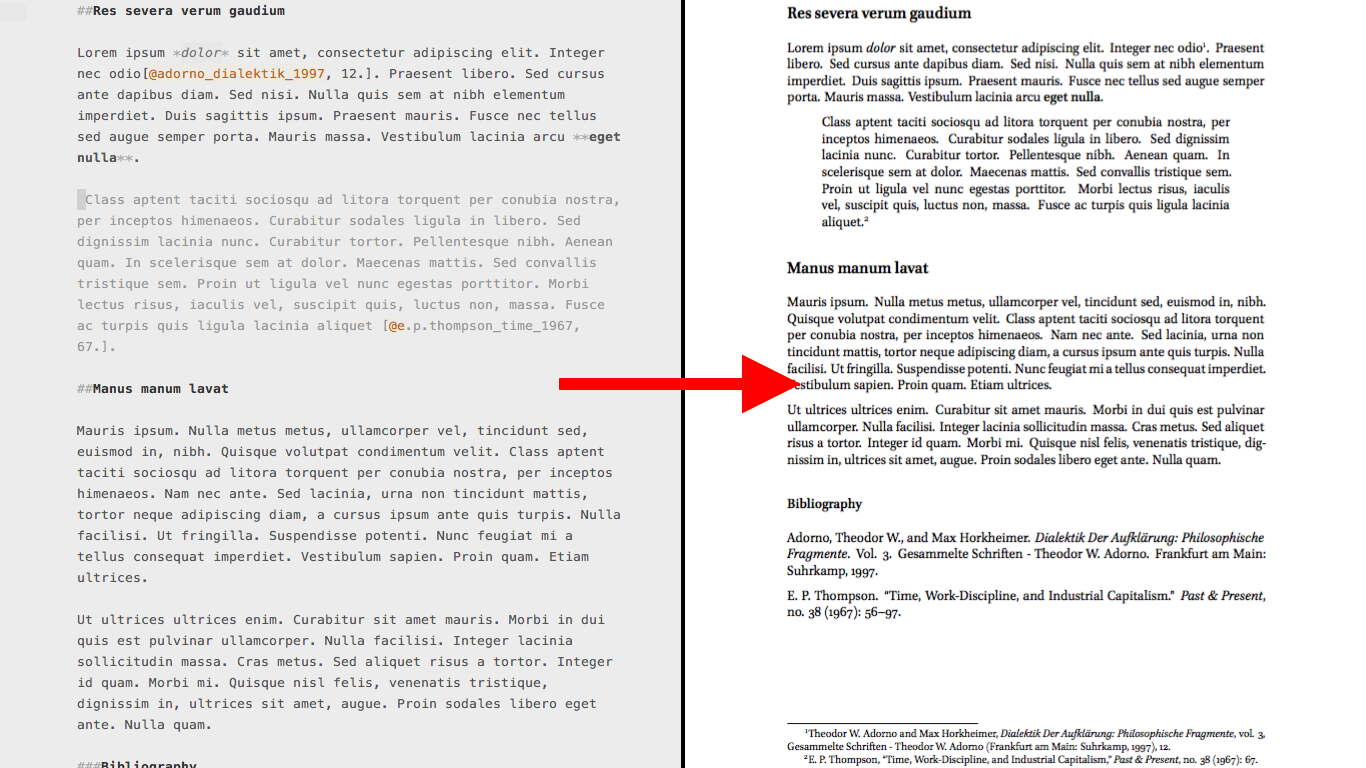
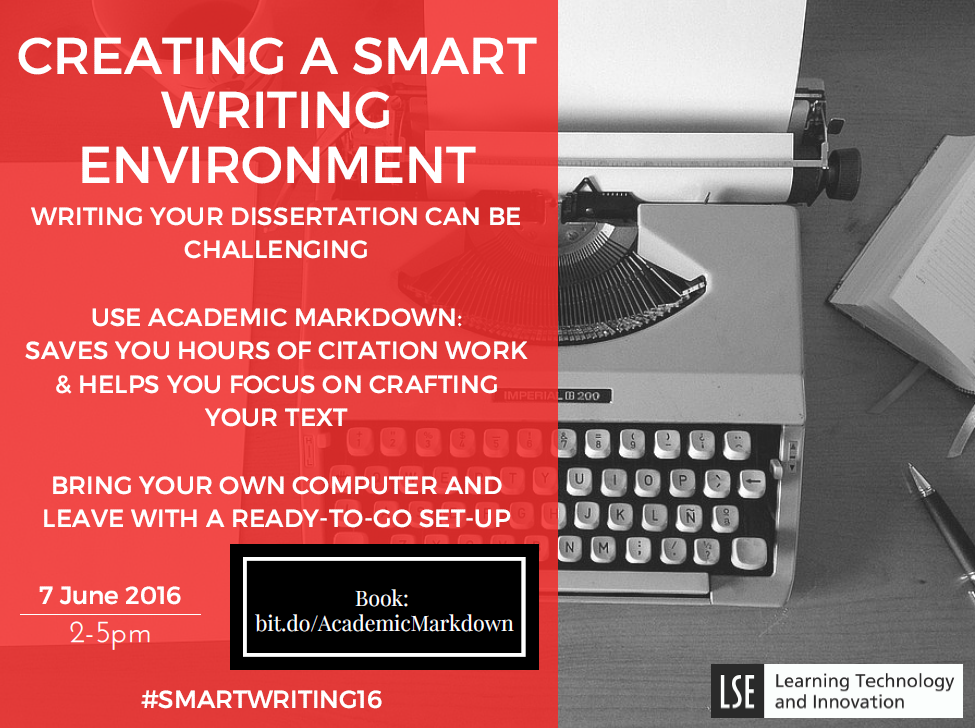
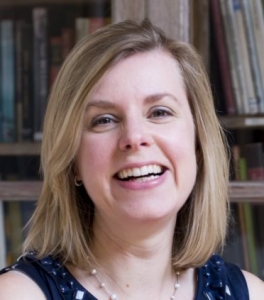


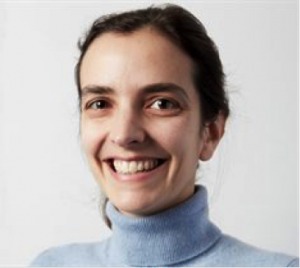
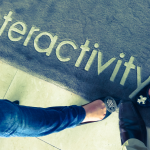 Gustav Meibauer and Andreas Aagaard Nohr, Department of International Relations – Development of PowerPoint-Based Simulation Games for Use in Undergraduate Teaching
Gustav Meibauer and Andreas Aagaard Nohr, Department of International Relations – Development of PowerPoint-Based Simulation Games for Use in Undergraduate Teaching
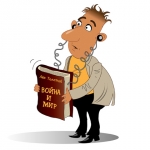 Olga Sobolev, Language Centre – Language Immersion in a Self-Study Mode: Revision e-Course
Olga Sobolev, Language Centre – Language Immersion in a Self-Study Mode: Revision e-Course Tobias Pester, Department of International History – Sustainable Autorship with Academic Markdown
Tobias Pester, Department of International History – Sustainable Autorship with Academic Markdown Susan Scott, Department of Management – Using Digital Innovation to Curate a Living History of Uber and Uberisation
Susan Scott, Department of Management – Using Digital Innovation to Curate a Living History of Uber and Uberisation
 Jennifer Jackson-Preece, European Institute – Narrating the Death (and Life?) of Multiculturalism
Jennifer Jackson-Preece, European Institute – Narrating the Death (and Life?) of Multiculturalism


